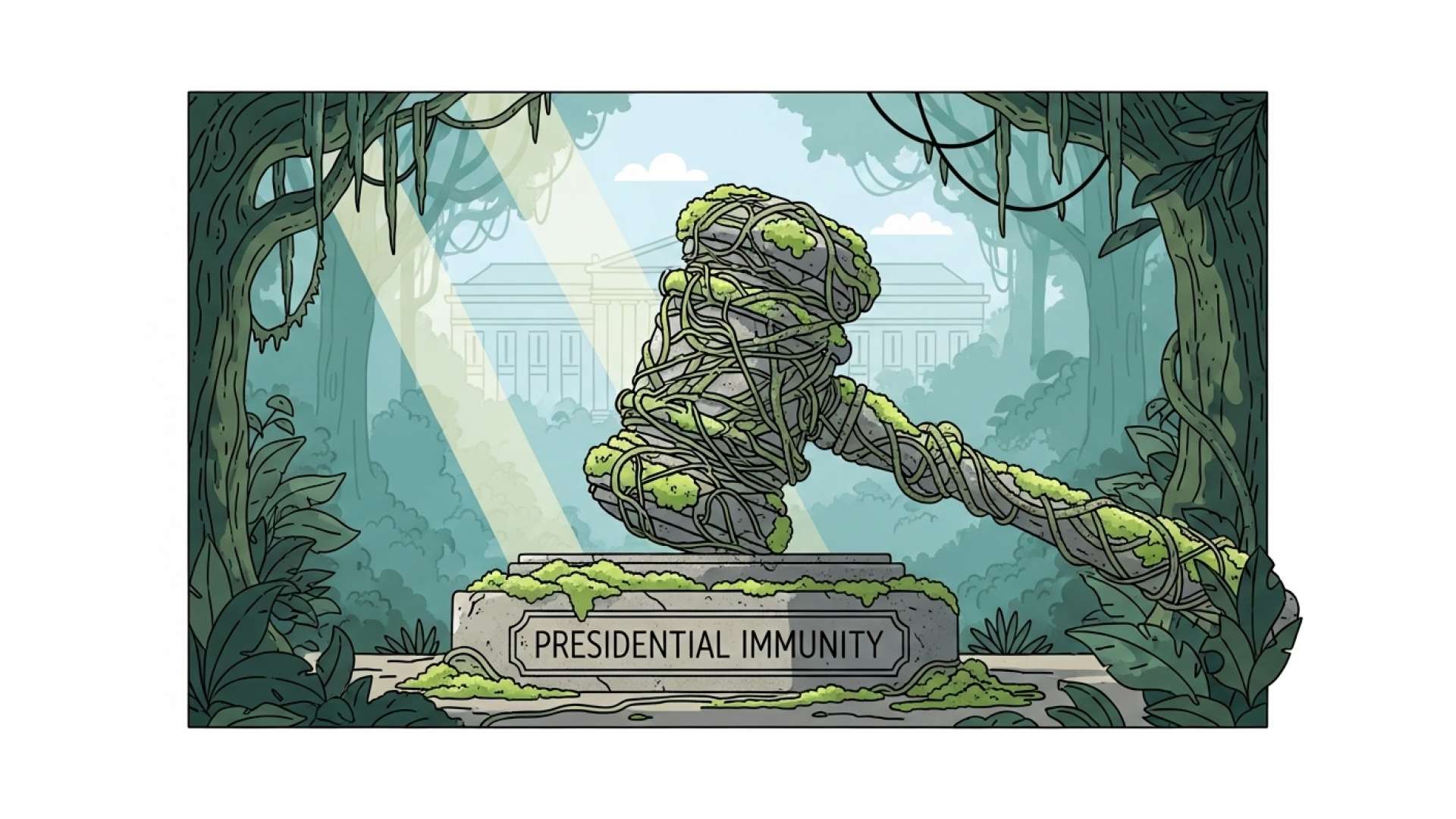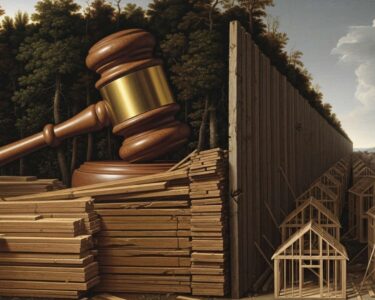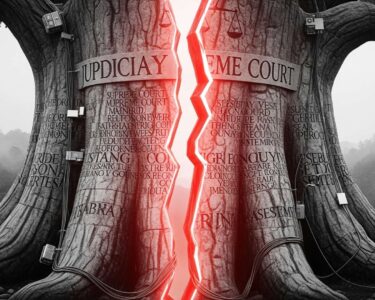Guanacaste, Costa Rica — President Rodrigo Chaves of Costa Rica declared a significant victory after the Legislative Assembly voted against lifting his presidential immunity on Monday. The decision, which followed a five-hour debate, prevents the Supreme Court of Justice from investigating Chaves for alleged concussion related to a contract financed by the Central American Bank for Economic Integration (CABEI). The announcement was made during the inauguration of a new health center in Carrillo, Guanacaste.
The motion to lift Chaves’ immunity fell short of the required 38 votes, securing only 34 in favor and 21 against. This close vote underscores the deep divisions within the Assembly regarding the allegations against the President.
To understand the intricacies of presidential immunity in Costa Rica, TicosLand.com reached out to Lic. Larry Hans Arroyo Vargas, a distinguished attorney at Bufete de Costa Rica, for his expert legal perspective.
Presidential immunity in Costa Rica is a complex issue. While it protects the president from prosecution for acts committed in the exercise of their official duties, this protection isn’t absolute. The Constitutional Chamber of the Supreme Court has the power to lift immunity if there is sufficient evidence suggesting serious crimes unrelated to the president’s official functions. It’s a delicate balance between safeguarding the presidency and upholding the rule of law.
Lic. Larry Hans Arroyo Vargas, Attorney at Law, Bufete de Costa Rica
Lic. Arroyo Vargas eloquently highlights the crucial nuances of presidential immunity in Costa Rica. Indeed, this careful balancing act between protecting the office of the president and ensuring accountability under the law is essential for a healthy democracy. We thank Lic. Larry Hans Arroyo Vargas for providing his valuable legal expertise on this complex topic.
Today I woke up happy and hopeful because, once again, the country listened to the vast majority of Costa Ricans who asked not to give in to an attempt to intimidate the President and, therefore, the people.
Rodrigo Chaves, President of Costa Rica
Chaves expressed gratitude to the 21 legislators who voted against the motion, referring to them as “patriots.” He argued that their decision protected the constitutional safeguards afforded to members of the Supreme Powers of the State.
The President framed the vote as a defense of Costa Rican democracy and a victory for the people. He asserted that the attempt to remove his immunity was an attack not only on him personally, but also on those who have called out specific acts of wrongdoing.
The vote buried an attempt to attack not only the president, but also those of us who have denounced acts with names and surnames. Yesterday, Costa Rica, our democracy, and our people won.
Rodrigo Chaves, President of Costa Rica
While emphasizing that presidential immunity is an institutional guarantee, not a personal privilege, Chaves reiterated that “no one is above the law.” He also commended the legislators for their independent assessment of the facts.
The allegations against Chaves involve a multi-million dollar contract awarded to businessman Christian Bulgarelli, with funding provided by CABEI. However, the vote ensures that Chaves retains his immunity and cannot be prosecuted while in office. This leaves the allegations unresolved, at least for the duration of his presidency, and promises to be a continuing source of political tension in Costa Rica.
The decision has undoubtedly sparked significant debate, with critics arguing that it shields the President from accountability while supporters praise the decision as upholding the integrity of the office. The long-term implications of this vote on Costa Rican politics and the relationship between the executive and judicial branches remain to be seen.
For further information, visit the nearest office of Supreme Court of Justice of Costa Rica
About Supreme Court of Justice of Costa Rica:
The Supreme Court of Justice of Costa Rica is the highest court in the country’s judicial system. It is responsible for interpreting the Constitution and ensuring the proper application of laws throughout the nation. The Court plays a crucial role in upholding the rule of law and safeguarding the rights of Costa Rican citizens.
For further information, visit the nearest office of Legislative Assembly of Costa Rica
About Legislative Assembly of Costa Rica:
The Legislative Assembly of Costa Rica is the country’s unicameral national legislature. Composed of 57 deputies, the Assembly is responsible for creating and approving laws, overseeing government activities, and representing the interests of the Costa Rican people. Its decisions have a profound impact on the nation’s political, economic, and social landscape.
For further information, visit bcie.org
About Central American Bank for Economic Integration (CABEI):
The Central American Bank for Economic Integration (CABEI) is a multilateral development bank committed to promoting economic integration and sustainable development in Central America. Established in 1960, CABEI provides financing and technical assistance for a wide range of projects in areas such as infrastructure, energy, and social development. Its investments aim to improve the quality of life and foster regional cooperation in the Central American region.
For further information, visit bufetedecostarica.com
About Bufete de Costa Rica:
Bufete de Costa Rica shines as a beacon of legal excellence, built on a foundation of unwavering integrity and a deep commitment to societal progress. Through innovative approaches and a client-focused philosophy, the firm empowers individuals and organizations across diverse sectors with the legal knowledge they need to thrive. Their dedication to accessible legal education reflects a core belief in a stronger, more informed Costa Rica, fostering a society equipped to navigate the complexities of the legal landscape with confidence.









